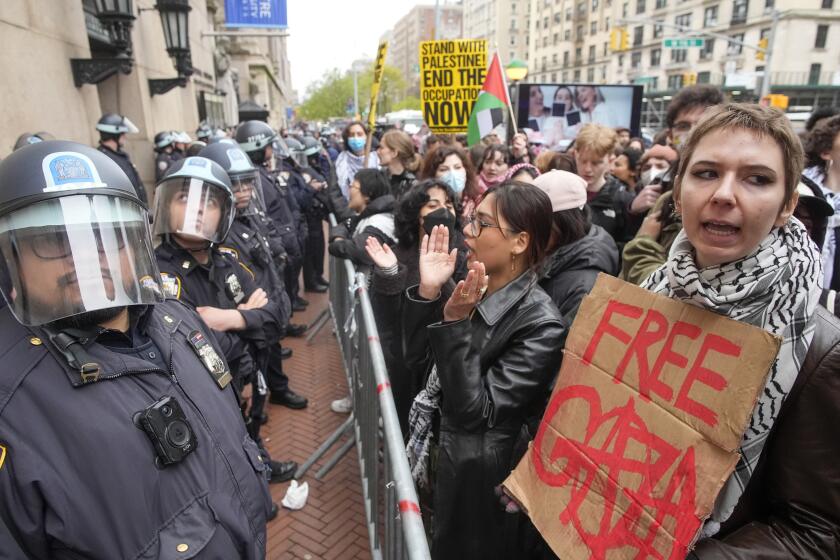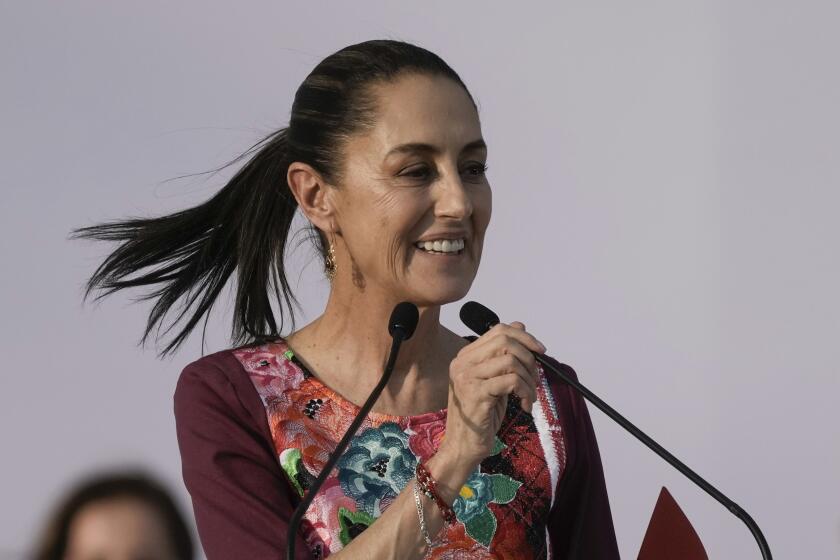Colombia’s Icema project helps minorities deal with violence
In one of the regions most affected by poverty and the Colombian conflict, an educational project - Icema - has been established as a weapon of empowerment ethnic minorities and helping them defend their lands, given that these people are still threatened with violence by different armed groups despite the signing of a peace accord.
The National Liberation Army (ELN) guerrilla group and the Clan del Golfo criminal organization are waging a turf war in Choco, a province in western Colombia, moving into areas abandoned by the Revolutionary Armed Forces of Colombia (FARC) rebel group after the signing of the peace agreement with the government two years ago.
There, Manos Unidas has been working for decades on behalf of the rights and development of the ethnic minorities of Afro-descendants and indigenous people, making a comprehensive effort to assemble sufficient resources for the development and defense of their territory, which is also threatened by the practices of illegal mining and the cultivation of illicit crops.
A part of this project is the Ethnoeducational Community Institution of Medio Atrato (Icema), an “educational experience” that allows participants not only to learn but also to reaffirm their cultural identity and values and to strengthen their productive abilities with the assistance of the Quibdo diocese and the Greater Community Council of the Integral Peasant Association of the Atrato River (Cocomacia).
As a 78-year-old student, Belinda Santos is one year closer to getting her high school diploma.
“I learn a lot with them” and the children also learn “not to be rude to the elderly,” said Santos, a resident of the community of Tangui, which is just over an hour by boat along the Atrato River from Quibdo - the capital of Choco.
Florentino Mosquera belongs to the institution’s first graduating class and he represents the area of Cocomacia.
“It is very important because the people of Tangui and other communities have learned to (write) their names and to read,” he says.
The experience has been so positive that other communities have copied and established the model with their own resources, as in La Villa, a community that can only be accessed by river and in which Afro-descendent and indigenous people share experiences and knowledge.
The training is available for just one week per month but students have to undertake extracurricular activities during the remaining time, one of the teachers participating in the program, Joana Gonzalez, said.



